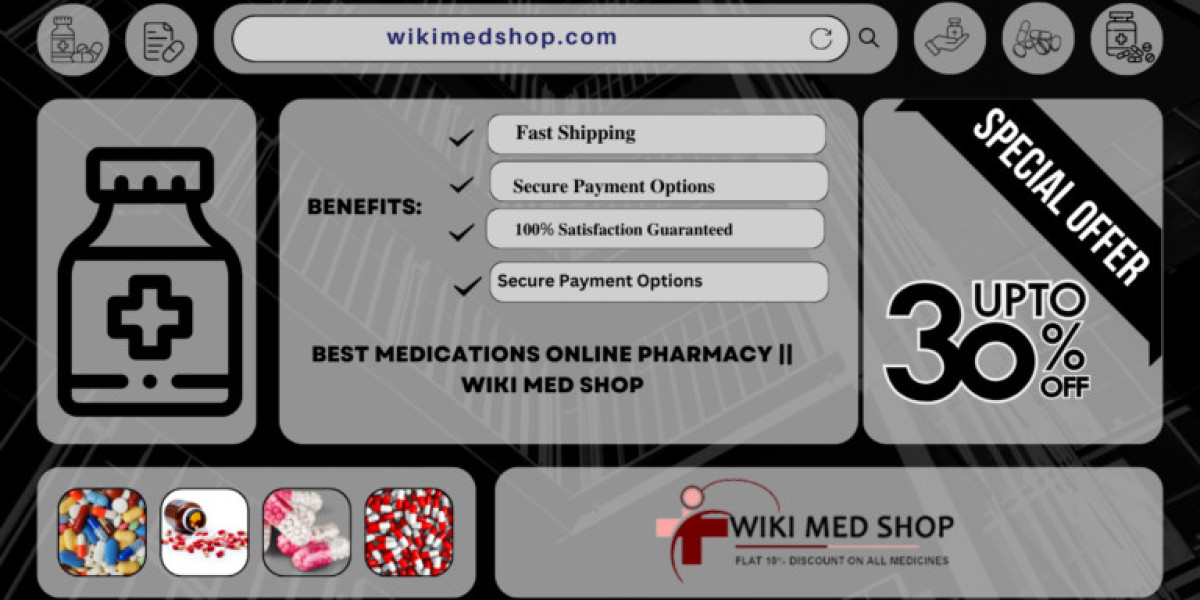Competitive Intelligence Consultancy: Fueling Strategic Excellence in Pharma and Beyond
In today’s rapidly evolving and fiercely competitive global landscape, competitive intelligence consultancy has become a pivotal force behind strategic decision-making. This is particularly true in the pharmaceutical sector, where swift innovation and complex regulations demand proactive, data-driven strategies. By delivering insights into market shifts, competitor tactics, and regulatory trends, CI consultancies empower pharmaceutical companies to stay ahead of the curve.
This article explores the growing importance of CI in pharma, with special emphasis on how organizations track clinical trials, monitor digital channels for adverse events, and leverage pharma clinical trial intelligence to influence critical business outcomes.
What is Competitive Intelligence Consultancy?
A competitive intelligence consultancy is dedicated to gathering, analyzing, and synthesizing information from the external business environment. This includes data related to competitors, emerging technologies, healthcare providers, regulators, and market forces. By turning this intelligence into actionable insights, CI consultancies help pharma companies navigate uncertainties, refine strategic plans, and mitigate potential risks.
In the pharmaceutical industry, CI goes far beyond traditional research. It involves decoding hidden market signals, evaluating pharma clinical trials intelligence, and tracking shifting regulatory policies—all of which are essential to gaining a competitive advantage.
The Strategic Value of CI in Pharma
CI in pharma plays a multifaceted role. It informs everything from early-stage drug development to market access strategies. Some key focus areas include:
Monitoring competitors’ R&D pipelines
Evaluating pharma clinical trial intelligence to identify trial designs and timelines
Mapping patent expirations and exclusivity timelines
Assessing influence of Key Opinion Leaders (KOLs)
Tracking pricing, reimbursement, and payer landscapes
By addressing questions like “What is the status of our competitors’ clinical programs?” or “Which regions are they targeting next?”, CI helps companies stay proactive rather than reactive.
Pharma Clinical Trials Intelligence: Predicting Market Movements
One of the core strengths of pharma clinical trials intelligence is its predictive power. With publicly available data from platforms like ClinicalTrials.gov and EudraCT, CI consultancies can identify key trends in trial design, recruitment timelines, and anticipated endpoints.
For instance, by analyzing how a competitor structures a pivotal Phase III trial, companies can estimate expected launch dates, geographies of interest, and likely label claims. This enables strategic recalibration of their own development programs and go-to-market plans.
How Do Companies Monitor Social Media for Adverse Events in Pharma?
A critical extension of CI strategy today is social media monitoring. So, how do companies monitor social media for adverse events pharma effectively?
AI-Powered Listening Tools: Platforms like NetBase, Brandwatch, and Talkwalker help pharma companies identify mentions of drugs and adverse reactions across social networks, forums, and blogs.
Hashtag and Keyword Monitoring: Companies track disease-related terms, product names, and side effects in real time.
Sentiment Analytics: Emotion-driven data from online discussions helps determine public sentiment and flag reputational risks.
Data Fusion: Insights from social channels are often integrated with real-world evidence and safety databases to offer a complete risk profile.
This digital surveillance allows for rapid detection of safety signals and provides a lens into patient experiences and competitor weaknesses.
CI Tracking: Keeping a Real-Time Eye on the Market
CI tracking involves a structured and continuous process of observing competitor activity, product developments, and market shifts. Major components include:
Competitor Benchmarking: Comparing performance metrics, drug approvals, and financials
Regulatory Tracking: Monitoring FDA/EMA decisions and label expansions
Event Surveillance: Watching industry events, KOL presentations, and investor meetings
Digital Activity Monitoring: Analyzing social media engagement, online campaigns, and website changes
Robust CI tracking systems provide timely updates through dashboards, alerts, and customized reports, enabling leadership teams to act swiftly and strategically.
Why Competitive Intelligence Consultancy is More Crucial Than Ever
As market environments grow more intricate, competitive intelligence consultancy becomes indispensable. Here’s why it matters:
Risk Management: Early detection of competitor initiatives prevents unpleasant surprises.
Agile Decision-Making: Timely insights enable faster clinical and commercial moves.
Successful Market Entry: In-depth knowledge of payer expectations and competitor strategies improves launch outcomes.
Innovation Discovery: CI uncovers unmet needs and emerging technologies to accelerate R&D initiatives.
The Future: Predictive CI and AI-Powered Insights
The next evolution of CI in pharma lies in real-time analytics and predictive modeling. Artificial Intelligence, machine learning, and big data analytics now allow CI teams to:
Anticipate trial delays or changes before public disclosure
Predict competitor launch timelines with historical benchmarks
Monitor digital biomarkers and wearable health tech for new competitive signals
Pharma companies are now seeking intelligence partners who offer not just information—but foresight. The shift toward predictive, tech-enhanced CI tracking is reshaping how organizations plan and compete.
Conclusion
In the complex and fast-paced world of pharmaceuticals, competitive intelligence consultancy is no longer optional—it’s essential. From understanding how companies monitor social media for adverse events pharma, to leveraging pharma clinical trials intelligence and deploying continuous CI tracking, these consultancies provide the insight needed to outmaneuver rivals and drive innovation.
Ultimately, those who invest in forward-looking CI capabilities won’t just survive—they’ll lead the market by anticipating what’s next and seizing it with confidence.








